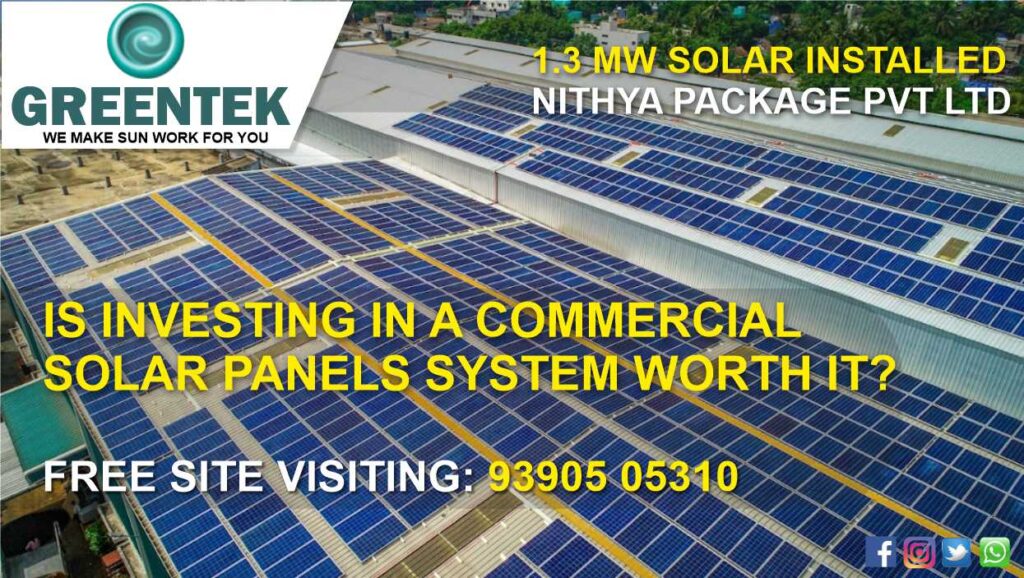
WHEN SHOULD YOU START UPDATING EXISTING SOLAR SYSTEMS?
With a collective focus on producing more clean, green power and using fewer fossil fuels, solar energy is rising in INDIA. To help the country achieve its ambitious environmental goals, everyone can contribute. Installing solar panels in your home is undoubtedly one of them.
Many consumers who embraced the solar movement early on have already enjoyed green energy for years and saved thousands of dollars on electricity bills. However, if you’ve had your solar system for a while, it’s likely that you’re thinking about updating it. There are a lot of reasons why you might want to take this route. Many customers now realise that modern solar goods on the market outperform their outdated system by a wide margin.
The System Is No Longer Performing as It Should
The main reason to upgrade is that your system simply isn’t performing the way it once did. Solar panels degrade over time, losing a small amount of efficiency each year. This loss is so minimal that you wouldn’t even notice it, however, over a 20-year period, your system is likely to generate far less power than it did when you first had it installed.
Newer solar panels in INDIA include better technology, and therefore should last longer. So, upgrading existing solar systems and panels to reinvigorate your solar production is a good idea if you’ve noticed a decline in your energy output.
Why Your Solar System Might Need to be Upgraded
Technology constantly improves, and that’s just the nature of the world we live in. So, it’s natural that many people want the latest and most effective solar panels on the market. However, there are also some far more important reasons to consider upgrading existing solar systems, and you may find you can save more money as a result. Here are some reasons that you may consider an upgrade:
You want to produce more solar energy
You might discover that you need more power now than you did 15 to 20 years ago, even if your system is still operating efficiently. You might have added house amenities that demand more energy or your family might have grown. The system you built years ago might not be powerful enough to meet your needs because people’s energy needs evolve.
In this situation, you may not need a complete system overhaul. Instead, you may need to add some more solar panels. We’ll talk about that in detail shortly. The other thing to consider is feed-in tariffs. This is the credit you receive on your power bill for the excess solar energy you export to the main grid. If you want to increase your production and earn more credits, you’ll need a higher solar output.
Understanding Solar System Warranties
It pays to have a basic understanding of the warranties you received when you bought your initial solar system if you’re thinking about upgrading any current solar systems. Always see whether you might be able to file a warranty claim if the reason you’re thinking about an update is due to equipment issues or noticeably diminished performance.
Check the warranty period for inverters and batteries because they have their own separate product warranties. Solar panels actually have two different types of warranty. One is the product warranty, which protects you from defects in the equipment. The performance warranty is the alternative. Although there are acceptable levels of performance decline, it is expected that solar panel performance would deteriorate over time. You might be covered by the performance warranty if your system has declined beyond these allowable limits.


